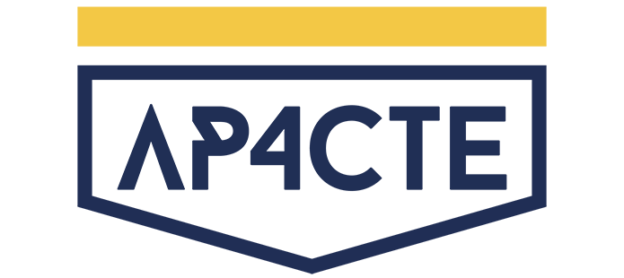
AP Research is a year-long culminating study based on individual student inquiry in a specific cross-curricular area of interest, based on the foundational skills learned and developed in AP Seminar and further enhanced through personal, peer, advisor, and expert mentorship. The class is flexibly structured to allow students time to engage in their academic settings and the community and world-at-large. Students may choose their topics, synthesize areas of study from various coursework, and conduct research, studies, surveys, interviews, etc., to contribute to the academic discourse surrounding their area of inquiry. Only students who completed AP Seminar may go to AP Research the following school year.
As with AP Seminar, AP Research students should view the research process as cautioned by College Board:
Critical Inquiry focuses on creating new ideas, perspectives, and arguments. The research process is not simply about collective evidence or facts and then piecing them together. Instead, the research process is about inquiry—asking questions and coming to solutions and conclusions through deep thinking and reflection. The researcher seeks relevant information in articles, books, and other sources and develops an informed perspective built upon, but not merely derivative of the ideas in the examined material. As a result, the research process is recursive. The researcher regularly revisits ideas, seeks new information when necessary, and reconsiders and refines the research questions, topic, and/or approach.
Students will have two academic advisors: one provided as the course teacher and a second selected by the student who will serve as an expert mentor—who should be chosen based on the area of inquiry of which the student is in pursuit. Over the year, students will learn other formatting types (beyond MLA) specific to their area of inquiry, work through topic creation, researching, outlining, drafting and revising, peer and advisor reviewing, and reflect upon their processes. Students will complete a project of extended and significant academic achievement, which should put them at a considerable advantage regarding college admissions and creating avenues for themselves in specific collegiate programs, internships, and research.
Requirements
To complete the AP Research course, students must pass the following requirements, which combine for a single AP Exam score:
Individual Inquiry Academic Paper: (75% of AP score)
Includes: a portfolio of topic proposals and revisions, resource lists, annotated bibliographies, working and final outlines, sample works from previous courses and reflection on the writing process, rough draft and revisions, final paper and personal philosophical statement and reflection.
Presentation and Oral Defense: (25% of AP score)
Includes: an individual multimedia presentation and oral defense in front of a panel of academic advisors and/or administrators.
Class grades assess the components above, and students will utilize rubrics, guidelines, and scoring breakdowns within class materials and expectations throughout the course.
Opportunities
Students in AP Research will have substantial personal choice in the direction of individual research papers and will engage at a deeper level of interpretation and understanding. Students will engage in academic work that can significantly impact projects, communities, and learning beyond the classroom. Students have the opportunity to work with experts in the field, make meaningful professional connections, and begin to specialize in their areas of interest. Students will present at a school-wide academic conference upon completing the paper and defense, serving as ambassadors of their work and the program. Additionally, students will submit final AP Research papers for publication.
